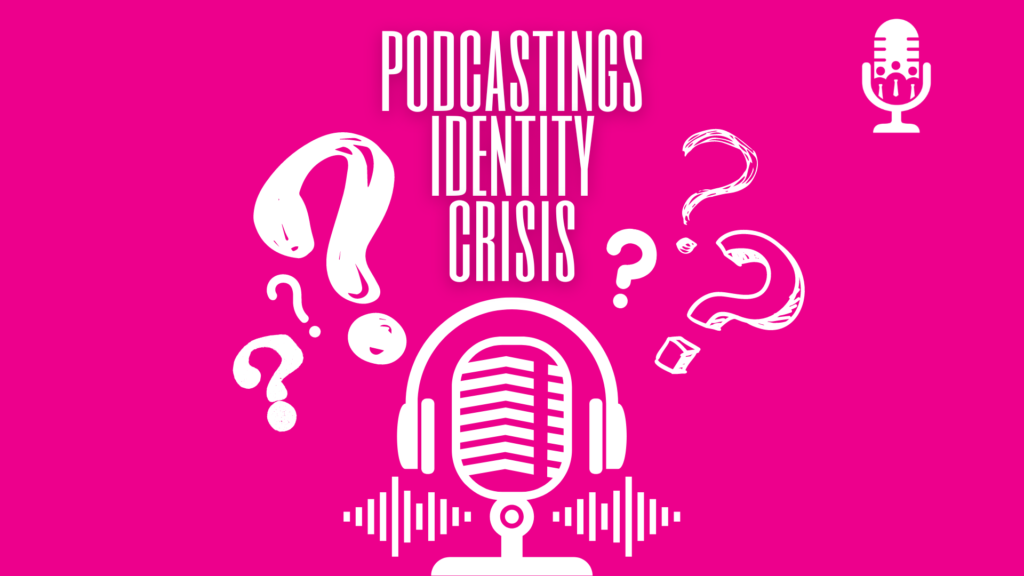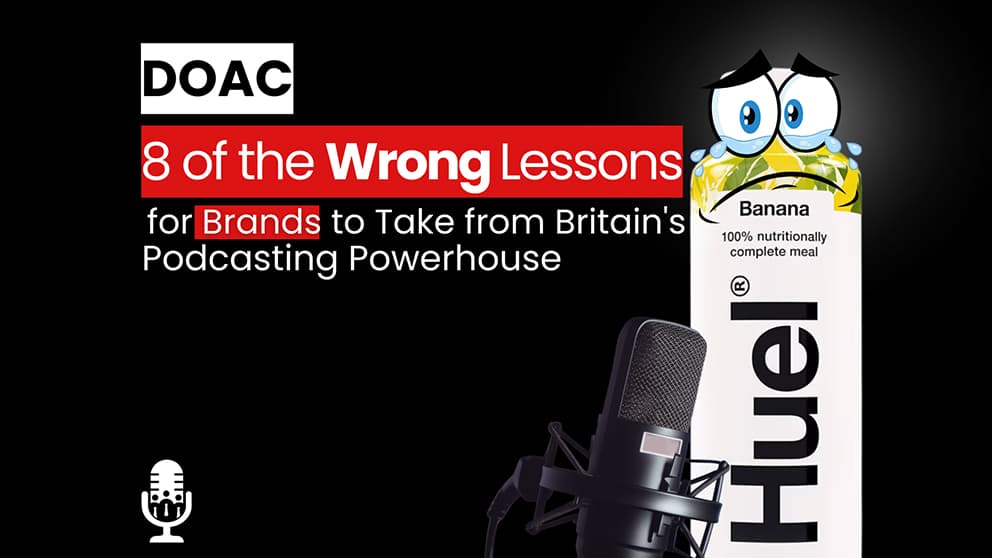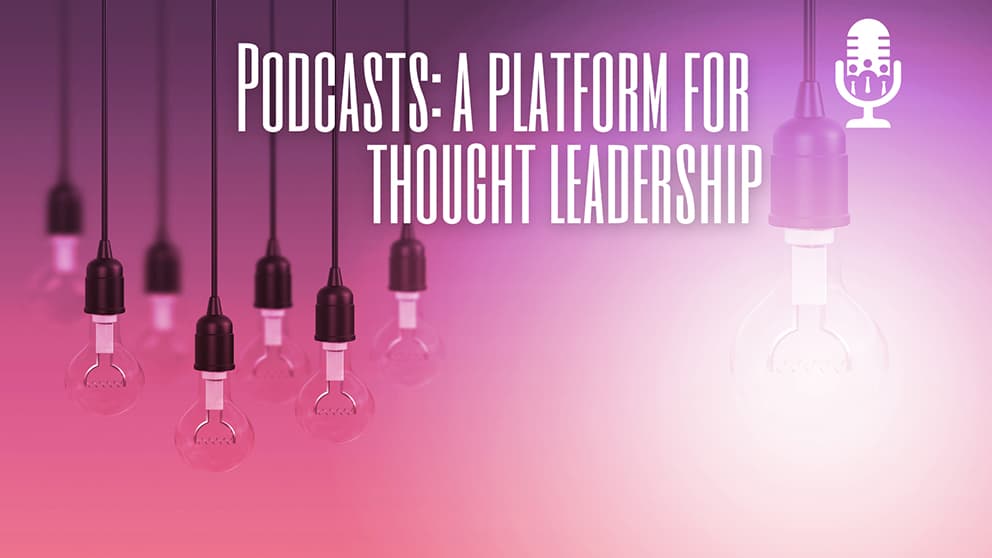Today’s modern world is all about productivity.
This world’s currency? Time.
Whether you’re a business executive juggling ten things at once, a student struggling with deadlines or a commuter on the 9 to 5 – one thing is apparent.
People are simply too busy.

In the breakneck pace of this modern world, it can often seem like everything is constantly fighting for our attention. We think this is why Speed Listening, also known as ‘podfasting‘ is emerging as a trend amongst podcast listeners.
The practice (as you can probably guess) involves listening to a podcast at a sped up rate of 1.5x or higher. Essentially, picture it as the audio equivalent of skim reading and well… it’s definitely up for debate whether or not this is a good or bad thing.
We’re here to explore just that.
Let’s dive in.
-=-=-=-=-=-=-=-=-=-=-=-=-=-=-=-=-=-=-=-=-=-=-=-=-=-=-=-=-
So, in theory, speed listening is smart.
In practice however, it’s probably not for the best.
-=-=-=-=-=-=-=-=-=-=-=-=-=-=-=-=-=-=-=-=-=-=-=-=-=-=-=-=-
As a time poor individual, the appeal of podfasting is clear.
The ability to digest double the information in half the time sounds great, right?
Taking a glance at the science behind it, we can also confirm that on paper, at the very least, it’s viable. People speak at an average rate of 120-200 words per minute and can understand, recognise and process the spoken word almost twice as fast, meaning that theoretically, speed listening or ‘podfasting’ can indeed work, but… here’s why you probably shouldn’t incorporate it into your day-to-day habits.
The process of speeding up content with the intent to consume it that way can have a variety of negative effects, not only on the content itself but also the listener consuming it.
Content wise – it’s pretty apparent that human speech was never meant to be heard that fast. One thing that is an incredibly important factor in making any piece of spoke word memorable, meaningful and enduring is pacing. Cadence and inclination can directly affect both the strength and depth of messaging as well as its chance to resonate with, and be remembered by listeners.
Think about some of the greatest speeches or acting performances throughout history.
You’re probably picturing someone speaking in a clear tone with measured, mindful pacing. Now imagine if someone like Martin Luther King Jr. and his ‘I Have A Dream’ speech received the ‘podfasting’ treatment… chances are, it wouldn’t of had the impact on that it did.
Whilst that may be a stretch as far as podcasting is concerned, the same concept applies – if you start to mess with pacing and tone, the strength and meaning behind content is diluted.

Consumer wise – the main incentive to ‘podfast’ from a consumer perspective is to absorb more information, right? Although the science behind speed listening technically supports the act, as already stated sped up content inherently loses its strength and is both hard to resonate and remember in the long term.
The human attention span is subconsciously selective and the brain, with that much sensory input and information to store at once, will simply filter most of the information from the podcast out.
This means that listening to things at twice the speed won’t help you retain anymore information, and from a mental health perspective might even be causing harm.
Dependant on the content for instance, say you ‘podfast’ loads of content from the News or Politics genre, which usually focus on what’s wrong with the state of the world, then in practice speed listening instantly becomes an audio form of ‘doomscrolling’ – negatively impacting mental health and creating anxiety within the listener.
KEY TAKEAWAYS:
On the surface ‘podfasting’ has a lot of appeal.
The thought of consuming twice the information in half the time sounds great, however speeding up content inherently makes it lose its value.
When listened to at 1.5x the regular speed or faster, less of the content is actively listened to and more of it is dissociated from or subconsciously filtered by a person’s selective attention span.
On top of that, the content itself is impacted in terms of it’s meaningfulness, memorability and strength of its messaging due to the cadences and nuances of human speech being lost.
The solution? Ignore the fad and keep on listening to podcasts the same way we all have been for decades.
————————————————————————–
If you have a business, and would like to cut through all the noise of this modern world with meaningful content that will resonate with your target audience.
The Podcast Guys can help.


